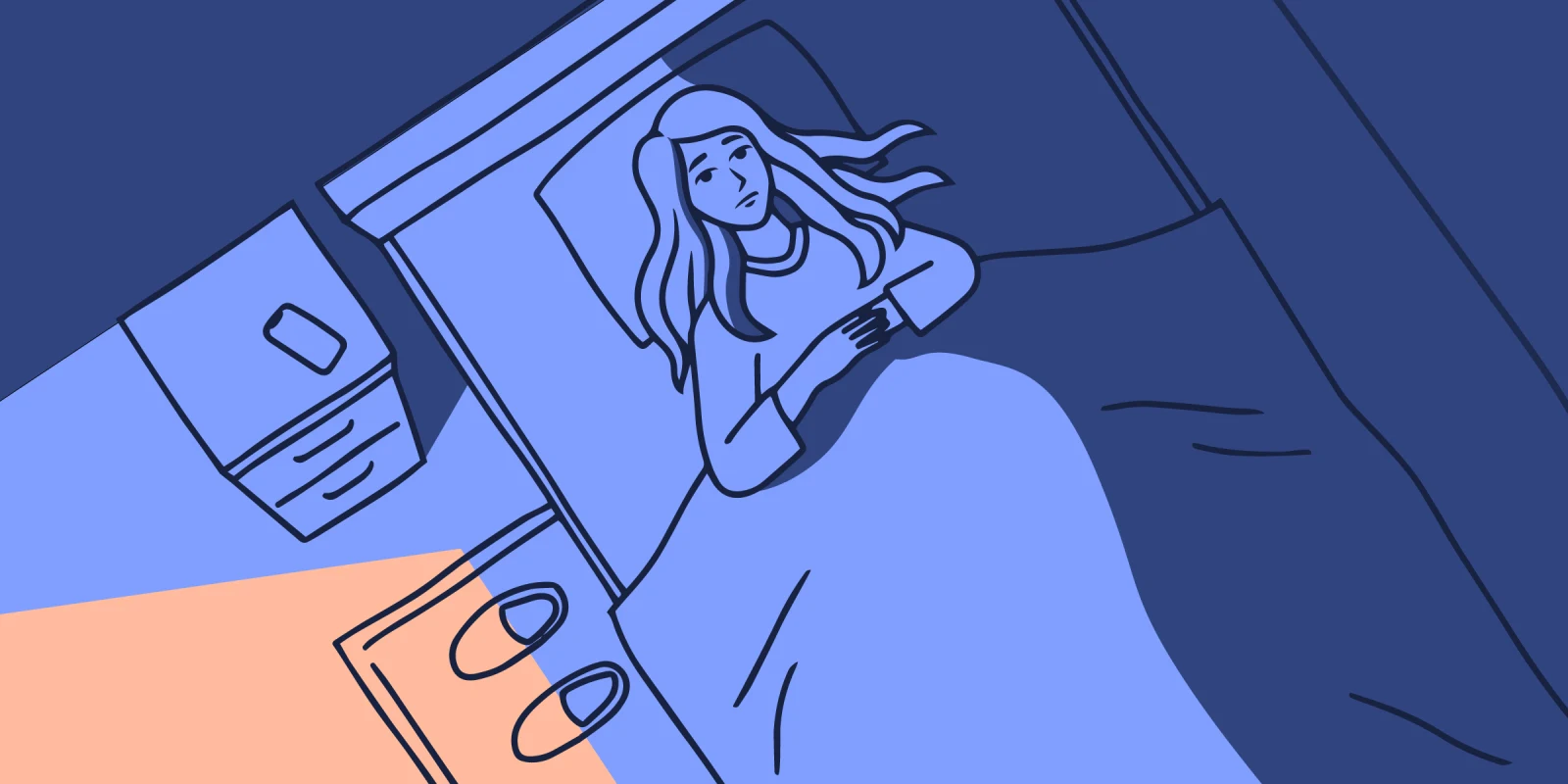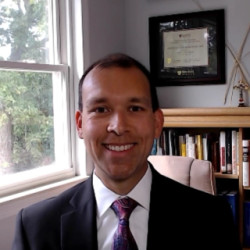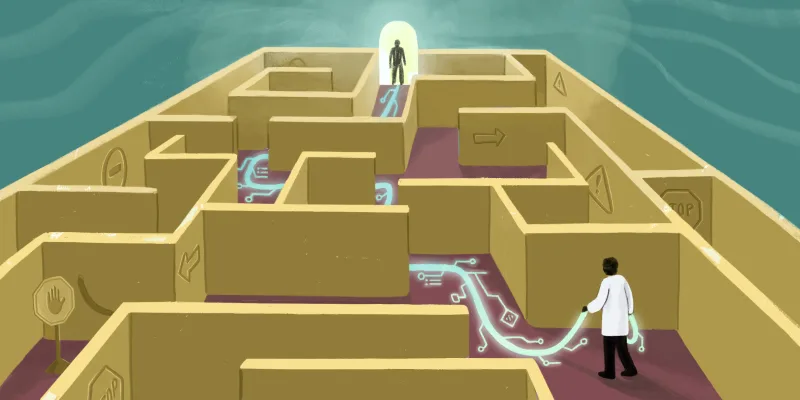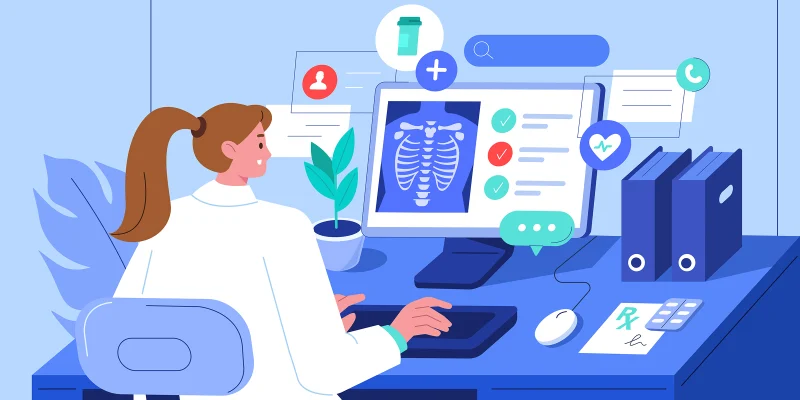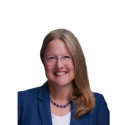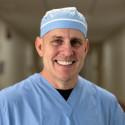This should have been an article relaying all the great presentations and new concepts related to restless legs syndrome (RLS) coming out of SLEEP 2023, the annual meeting of the Associated Professional Sleep Societies (APSS). RLS is classified as a sleep-related movement disorder with hallmark features that include an irresistible urge to move the legs that is most prominent at nighttime. One conservative estimate of RLS is that it affects at least 2.4% of the U.S. population. After attending SLEEP 2023, you would think it was 0.024% of the population based on the amount of the conference dedicated to this potentially debilitating neurological condition. Despite being the third or fourth most common sleep disorder, depending on how conditions are categorized, there was not one symposium, workshop, discussion group, etc., dedicated to RLS. During the general scientific program, there was one — yes, one — individual lecture of 25 minutes by Dr. John Winkelman on the topic within a symposium on updates of sleep disorder medications. Dr. Winkelman also gave a similar presentation during the weekend post-graduate Year in Review course. Of the 12 poster abstracts that were accepted on RLS, none were chosen for oral presentation, much less inclusion in a dedicated oral presentation section for RLS.
Those of you outside of sleep medicine may offer, “Well, maybe it’s a condition more for neurologists than sleep specialists.” Nope. This year’s annual meeting by the American Academy of Neurology had zero RLS lectures this year on this common neurological disorder aside from one industry-supported evening talk. As a complete contrast, narcolepsy type 1, which does have a prevalence of 0.025% by one estimate, garnered two dedicated sets of oral presentations, three full lectures, two post-graduate course lectures, and countless industry-sponsored presentations at APSS 2023. What could explain this discrepancy?
RLS is a condition with no financially profitable diagnostic or treatment procedure in the insurance-based fee-for-service system. Narcolepsy, meanwhile, has diagnostic sleep testing in the form of polysomnography (PSG) and multiple sleep latency testing (MSLT) that nets a sleep clinic substantial revenue. Additionally, RLS has not had a dedicated medication to be championed by a pharmaceutical company in years. In fact, the previous first-line medications — dopamine agonists that were the hot treatment over two decades ago — cause augmentation, a gradual worsening of RLS with long-term use due to central nervous system changes within the dopaminergic system, sometimes to a catastrophic level of severity. The disappointment of a treatment making things worse has further discouraged clinicians from being interested in this condition. In narcolepsy, however, there is a boom in novel wake-promoting and sleep-consolidating drugs in this arena. It’s an exciting condition to talk about. However, the same clinicians learning about the fancy new narcolepsy drugs should also learn the new approaches to managing RLS, particularly given that it is literally 100 times more common.
Despite the conference program committee’s apparent apathy toward RLS, if you looked hard, there was indeed some exciting new research in restless legs syndrome:
- Noctrix Health had multiple abstracts related to its peroneal nerve-activating device, which recently received Breakthrough Device designation, fast-tracked by the FDA. This non-invasive stimulator worn around the leg showed significant improvement in those with severe RLS with increasing efficacy studied up to 32 weeks. It could become a highly sought-after, non-pharmacological treatment option.
- Exercise has always had a complex effect on symptoms of RLS. A nationwide study of 528 participants found 72% generally report symptom improvement from exercise, but abrupt changes in exercise and exercise progressively later in the evening may tend to worsen RLS on those nights.
- In a study of 1449 adults comparing the painful phenotype of RLS to the more common painless RLS, participants with the painful variant had significant association with other chronic pain conditions but not iron deficiency, whereas those with painless RLS had more association with iron deficiency but not other pain conditions. It provides more insight into the concept of distinct variants that fall under the umbrella term of RLS.
- The second-largest longitudinal study of opioids in RLS followed 55 patients for up to 21 months and demonstrated the effectiveness of buprenorphine in the treatment of severe RLS and dopaminergic augmentation. Buprenorphine contributed to significantly improved disease severity, sleep quality, and other health outcomes, and treatment enabled the reduction or elimination of dopamine agonists in all patients with augmentation. Buprenorphine has a partial agonist mechanism at the mu-opioid receptor that leads to very low risk of respiratory depression as well as abuse, making it much safer than full-agonist opioids, which are commonly needed for moderate to severe RLS.
None of these abstracts or other important topics on the clinical management of RLS were worthy of stage presentation at SLEEP 2023. The greater point here is that the selection committees of scientific conferences should not exclusively cater to the most popular, financially-reimbursing, or drug company-supported conditions in their fields. Education and dissemination of new ideas to the wider medical community is very important for common but unsexy conditions. In the case of RLS, dopamine agonists like pramipexole and ropinirole were shown to cause augmentation in RLS as far back as two decades ago, but a study by Dr. Winkelman in 2022 showed that these drugs were still prescribed at a rate of nearly 60%. Many RLS specialists believe they should not be prescribed except in rare circumstances. Perhaps if clinicians who still prescribe dopamine agonists had more opportunities to learn about RLS at major conferences, there would be dramatically fewer patients struggling with RLS as a result of these counterproductive treatments. Let us hope we can learn a lot more about RLS next time at SLEEP 2024.
Dr. Berkowski has no conflicts of interest to report.
Are you interested in writing about your experience attending a medical conference this year? Respond here.
Image by Margarita Fedorenko / Getty Images
